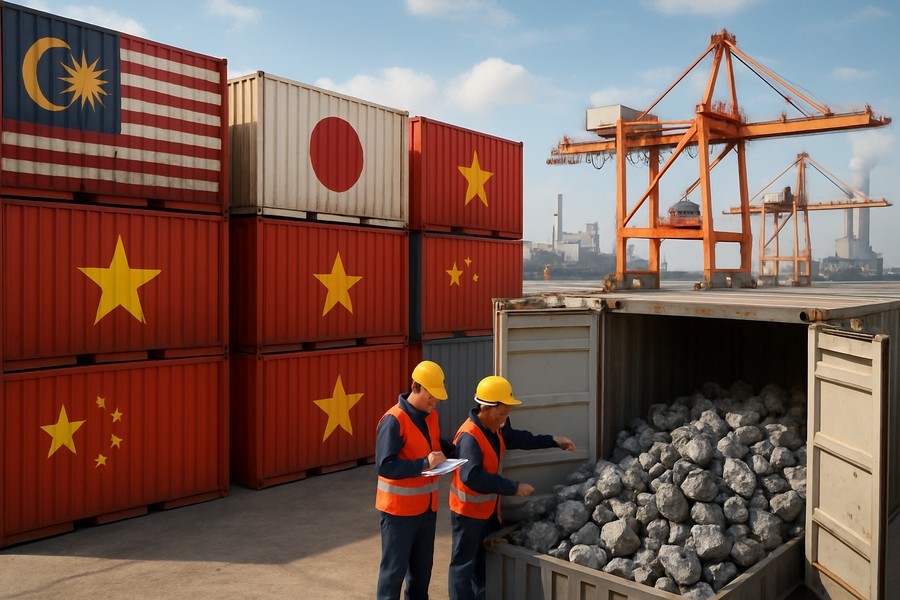
Shifting the Balance of Power in the Rare Earths Market
With strategic moves to secure the supply of rare earths, crucial for advanced manufacturing, the United States is working to loosen China's grip on this important sector. The U.S. has entered into agreements with several Asian countries, including Japan, Malaysia, Thailand, Vietnam, and Cambodia. These deals aim to diversify access to these vital minerals, essential to the production of everything from electric cars to smartphones.
Reducing Dependence on China
The U.S. is keen on decreasing reliance on China for these crucial resources. The pacts, which encourage trading partners to align with the U.S., could potentially challenge China's monopoly over rare earths. However, a shift of this magnitude is likely to be a costly and lengthy process.
Establishing new mines and processing facilities in areas like Australia, the United States, and Europe comes with significant capital costs, more stringent environmental regulations, and higher expenses for labor and energy inputs. Despite the challenges, the U.S. seems committed to this long-term plan.
A Turning Point in the U.S.-China Rivalry
China has control over almost all the world's rare earth processing, a fact that has given it considerable leverage in the ongoing trade war with the U.S. The recent restrictions on the export of rare earths by China have underscored the vulnerability of global supply chains to the tensions in the U.S.-China relationship.
Before the recent agreements in Asia, the U.S. had made an $8.5 billion deal with Australia to bolster processing capacity for rare earths outside China. This move has been described as a significant step in the U.S.-China rivalry.
Unlocking Australia’s Rich Mineral Resources
Australia is a key ally in the U.S.'s pursuit of critical minerals. Endowed with some of the most diverse and abundant mineral resources on the planet, Australia is a crucial partner in this initiative. Several companies are already constructing refineries in the country, albeit with significant government support.
Enhancing Rare Earths Supply through International Cooperation
The agreement with Japan involves a commitment to increase the supply and production of rare earths. It also includes plans for coordinated investment, the establishment of a buffer stock of rare earths, and a Rapid Response Group to manage sudden supply shocks.
The pacts with other Southeast Asian countries are more vague in terms of details. All these countries have consented to boost U.S. access to rare earths and modify export regulations to favor American buyers over Chinese firms. These countries also promised not to halt shipments to the U.S. and to encourage local processing and investment by non-Chinese companies.
Regulatory and Environmental Concerns
Regulation and potential environmental damage are crucial issues that have not been fully addressed. The extraction and processing of rare earths involve operations that generate radioactive waste, posing a significant environmental challenge. These concerns have prevented other countries from readily embracing the industry.
The Road Ahead
Despite these strategic moves, China still processes around 70% of the world's rare earths. Catching up will require considerable capital, robust environmental laws, and technical know-how. It may take years to build a single processing plant from design to full operation.
Meanwhile, trade with China remains vital for all these countries, including Japan. The U.S. cannot overlook the influence that China wields, especially in Southeast Asia. It's clear that the supply chains for rare earths need to diversify and transform. Commitments to cooperate and invest are only the first steps on a long and complex journey.
